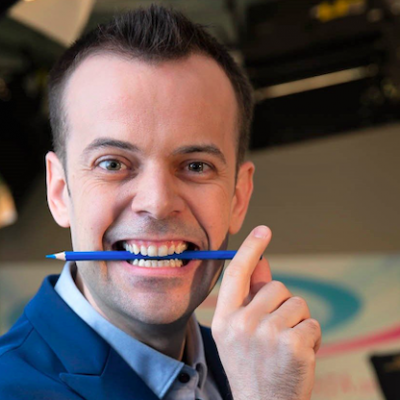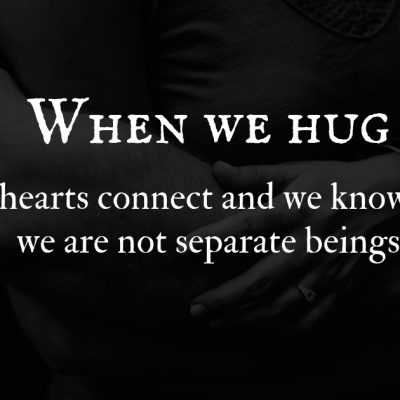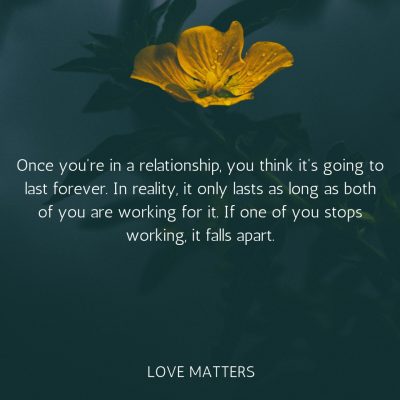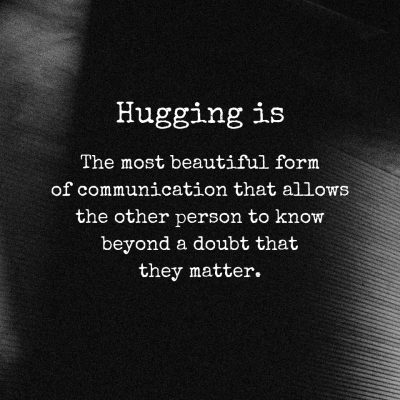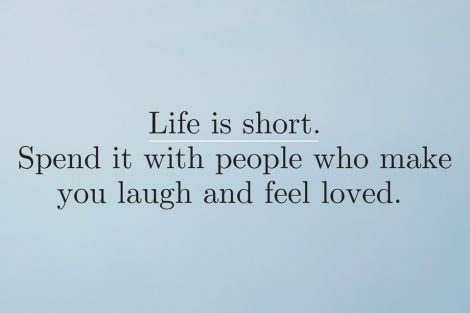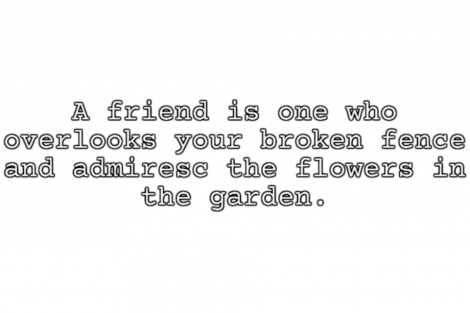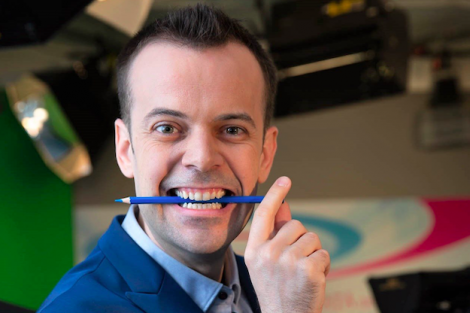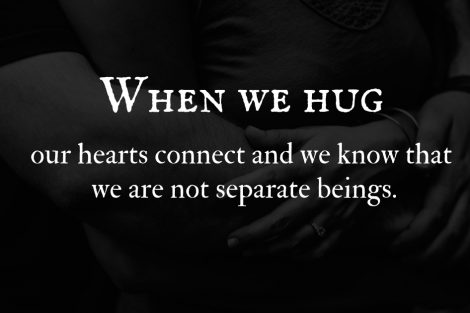According to sleep scientist Matthew Walker, we are currently in the middle of a “catastrophic sleep-loss epidemic”. Walker, who is also the director of the Center for Human Sleep Science at the University of California, Berkeley, has been in the “sleep business” for a while now.
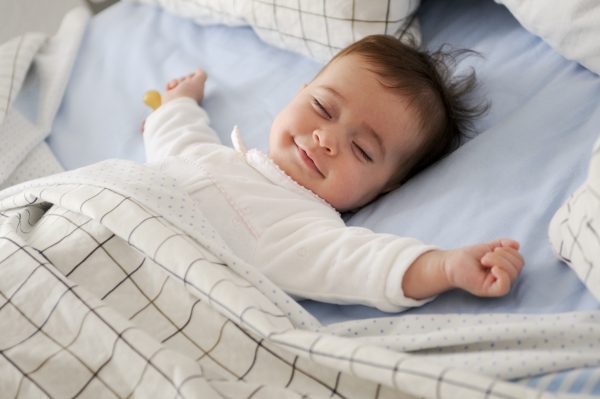
MORE: Why You Crave Bad Food When You’re Tired
The results of his ongoing research are rather worrying, but they only tell us how crucial sleep is for us, and underrated too. His studies have found powerful connections between sleep deprivation and a series of health problems such as: Alzheimer’s disease, cancer, dementia, diabetes, depression, obesity, and poor mental health in general. Not to mention it affects the immune system and can significantly decrease your life span.
But what is exactly considered sleep deprivation? Apparently, if you’re sleeping less than 7 hours per night, you are sleep deprived. And therefore at a risk when it comes to your overall health. Of course, there are people who can manage with less sleep and some only with 10 or even 12 hours. We have to take into account individual needs, but keep in mind that you need at least 8 hours of sleep every night to function at optimal levels the next day.
MORE: 4 Best Tips For Getting a Good Night’s Sleep
While about 80 years ago, only 8% of the population was trying to make it work with only 6 hours per night, today, one in two people is. And that is extremely alarming because it means half the world population is sleep deprived!
And there are a couple reasons for this dramatic shift:
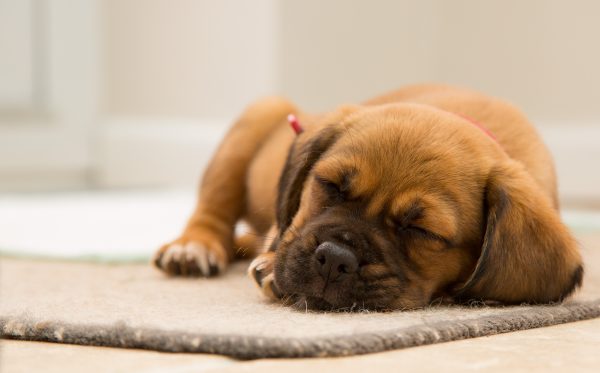
MORE: 5 Interesting Reasons Why You Can’t Fall Asleep Right Away
1. Technology
Too many lights and therefore too many distractions. When was the last time you fell asleep in a bedroom without any source of light, without laptop, smartphone, anything at all? Light is the biggest disturber when it comes to sleep. No reason many of us have a hard time falling asleep before midnight. We are glued to our screens right before we head to bed and then wonder why we can’t fall asleep fast, even though we’re so tired.
2. The issue of work
MORE: 6 Signs Your Stress Is Actually Hidden Anxiety
Working from 9-5 isn’t exactly the dream schedule of … well, a human being. So we try to make up for all that time spent at work by spending more time at home with loved ones or having fun. How do we do that? By staying up late, of course. There are only 24 hours in a day so sleeping less seems like a good idea. Except that it really isn’t.
Remember that giving up sleep is not a solution. Anxiety and the fear of missing out also play a big part. We’re a lonelier, more depressed culture and all these are the primary enemies of a good night’s sleep.
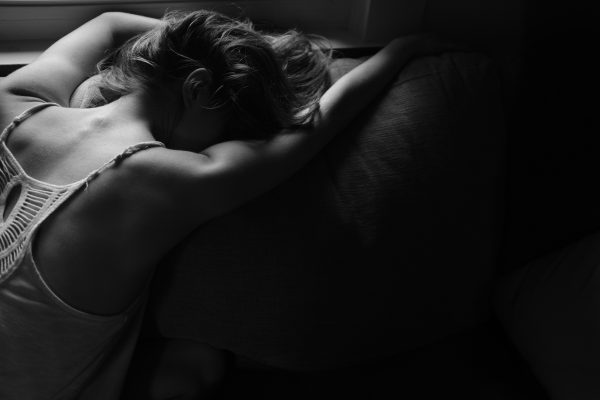
MORE: 8 Secrets You Should Know If You Want to Fall Asleep Faster
One other major reason we deprive ourselves of sleep has a lot to do with how we’ve come to perceive sleep. We associate it with a weak and lazy person. There’s incredible stigma around sleep and we need to become aware of it. At the other end, lies busyness. When we’re busy, we feel important, we feel we’ve achieved something, even if at the expense of sleep and therefore our health. We wear sleep deprivation like a badge of honor but all this has to change.
Less sleep means low energy, no productivity, disease, and no well-being. Whereas a good night’s sleep is all about vitality, health and good mood.
Please share this to warn your loved ones!


